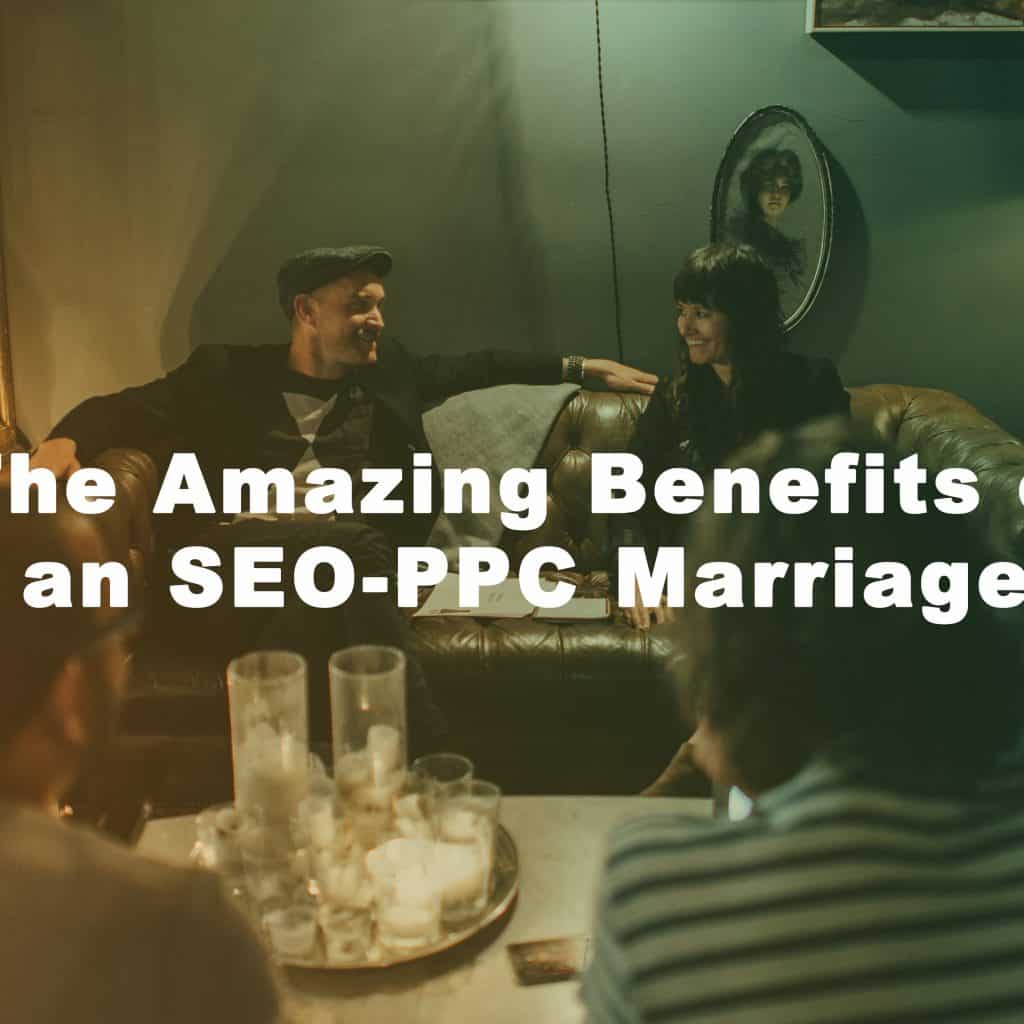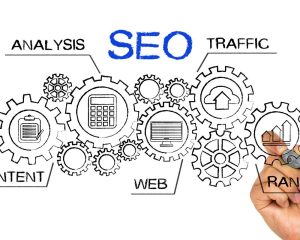Those of us involved in SEO and digital marketing can easily fall into a state of tunnel vision. We like to call it ‘operating in silos’, because it sounds better, but it is the same thing no matter what you name it. We get so focused on individual components like search engine results pages (SERPs) and paid advertising click through rates (CTR), that we fail to see the many relationships intertwining all the things we do. A case in point is the marriage between SEO and PPC.
SEO is at the very heart of digital marketing. It has to be. It matters not how good a company’s overall marketing plan is if potential customers cannot find them on the web. And so we pour an endless amount of energy into SEO. We add to that a bit of pay per click (PPC) advertising as a supplement to organic search results. But should we look at it that way? Should PPC be considered supplemental? According to Search Engine Land contributor and digital marketing expert Thomas Stern, no.
Employ Both Disciplines Together
Stern described his own company’s thoughts on both SEO and PPC in an excellent piece written last summer. In that piece, he talked of using SEO and PPC together. What was different about this particular piece is that Stern took SEO and PPC out of their silos and explained how they could be married for better results.
The basis for Stern’s writing is a simple question: why should companies invest in PPC advertising if they are already ranking well in organic searches for their most important keywords? It is a question we hear a lot in our industry. The answer to that question can mean the difference between achieving adequate silo results and realizing better combined results.
Stern explained that establishing a proper relationship between SEO and PPC can increase traffic, lower the cost per click for paid advertising, and provide guidance for managing ongoing paid search ad campaigns. It is all about taking advantage of the strengths of SEO and PPC in ways that result in the two disciplines complementing one another rather than operating as separate entities.
Look at Key Performance Indicators
Success in digital marketing is all about key performance indicators (KPIs). Indeed, we digital marketers have more KPIs than we know what to do with. The temptation with SEO is to begin implementing key strategies and then sitting and waiting on KPIs to determine what to do next. Stern explains that measurable results take time. In the interim, what is a digital marketer to do?
PPC is a better short-term tool because it yields nearly instant results. The short-term nature of PPC allows it to fill in the gap between SEO strategies and the point in which such strategies begin to pay off. Once equilibrium has been established, KPIs can be utilized to guide further PPC strategies in relation to measured SEO performance. When this is done properly, improved performance in organic search results should be observed. And as those results improve more, PPC ad costs should fall proportionally.
Stern’s assertions were not just made out of the blue. He and his company actually tracked a select group of high traffic keywords across both SEO and PPC channels in order to observe their relationship. He has the hard data to prove that implementing SEO and PPC together, rather than in silos, improves the productivity of both.
Stern’s piece is compelling on many levels. As a guide to the rest of us in the digital marketing arena, his explanations offer valuable insight into how SEO and PPC can be combined in a unified strategy to boost search engine performance, control the costs of paid advertising, and make better use of those high traffic keywords we depend on for success.
Sources:















